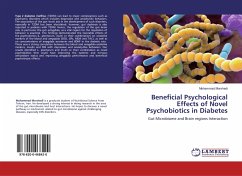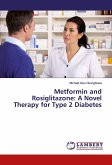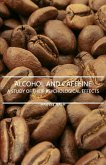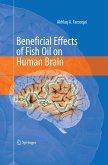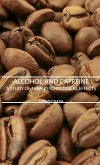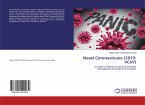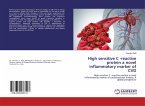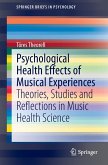Type 2 diabetes mellitus (T2DM) can lead to major complications such as psychiatric disorders which includes depressive and anxiety-like behaviors. The association of the gut¿brain axis in the development of such disorders, especially in T2DM has been elucidated; however, gut dysbiosis is also reported in patients with T2DM. Hence, the regulation of the gut¿brain axis, in particular, the gut¿amygdala, as a vital region for the regulation of behavior is essential. The findings demonstrated the favorable effects of the psychobiotics (L. plantarum, inulin or their combination) on oxidative markers of the blood and amygdala (SOD, GPx, MDA and TAC), as well as on concentrations of amygdala serotonin and BDNF in the diabetic rats. There was a strong correlation between the blood and amygdala oxidative markers, insulin and FBS with depressive and anxiety-like behaviors. Our results identified L. plantarum and inulin or their combination as novel psychobiotics that could have improving the systemic and nervous antioxidant status and improving amygdala performance and beneficial psychotropic effects.

